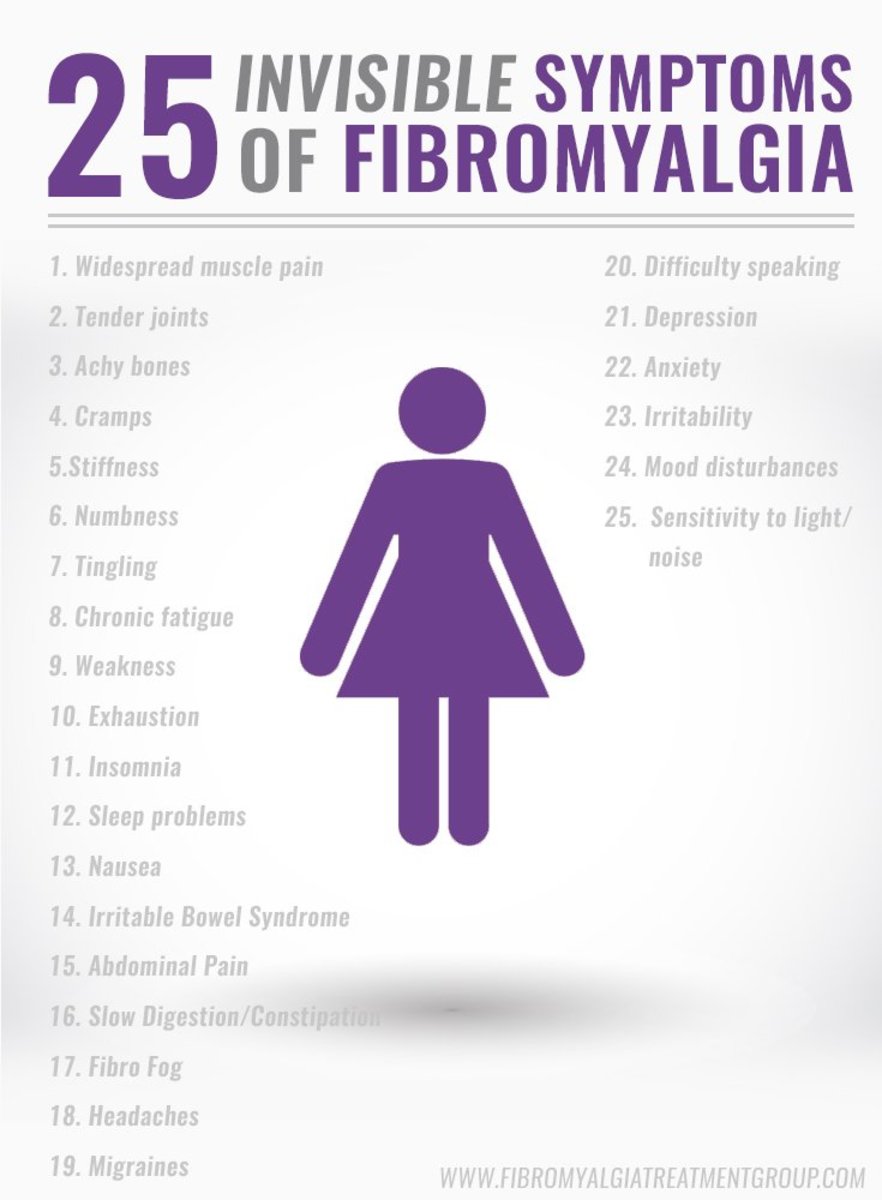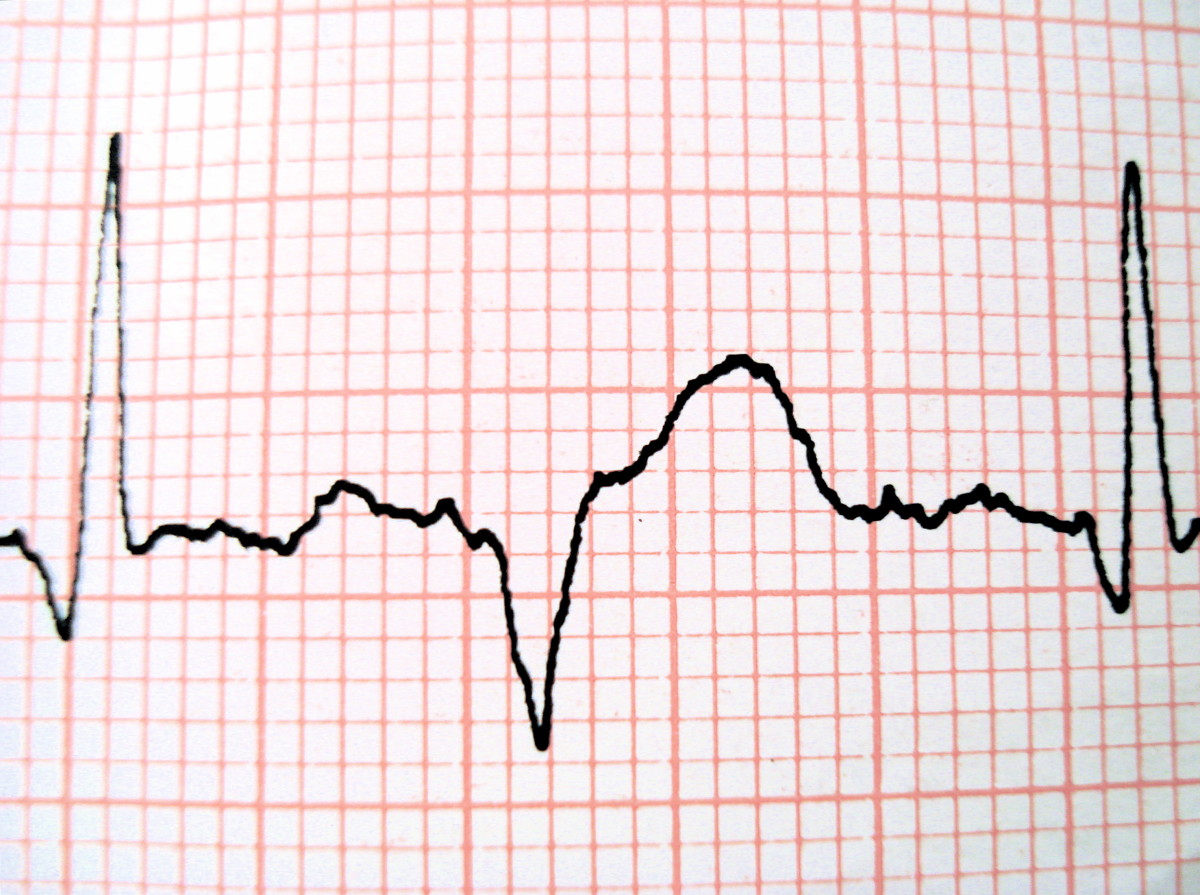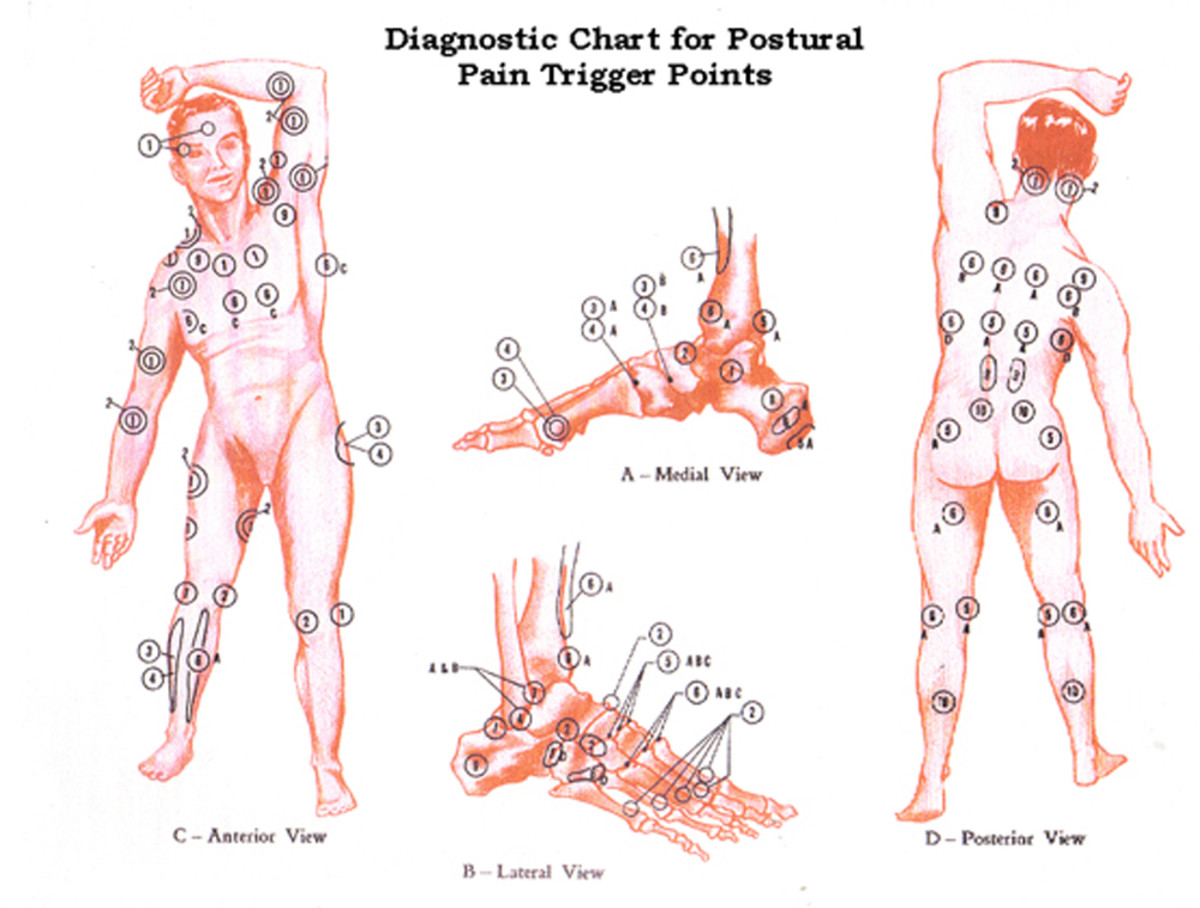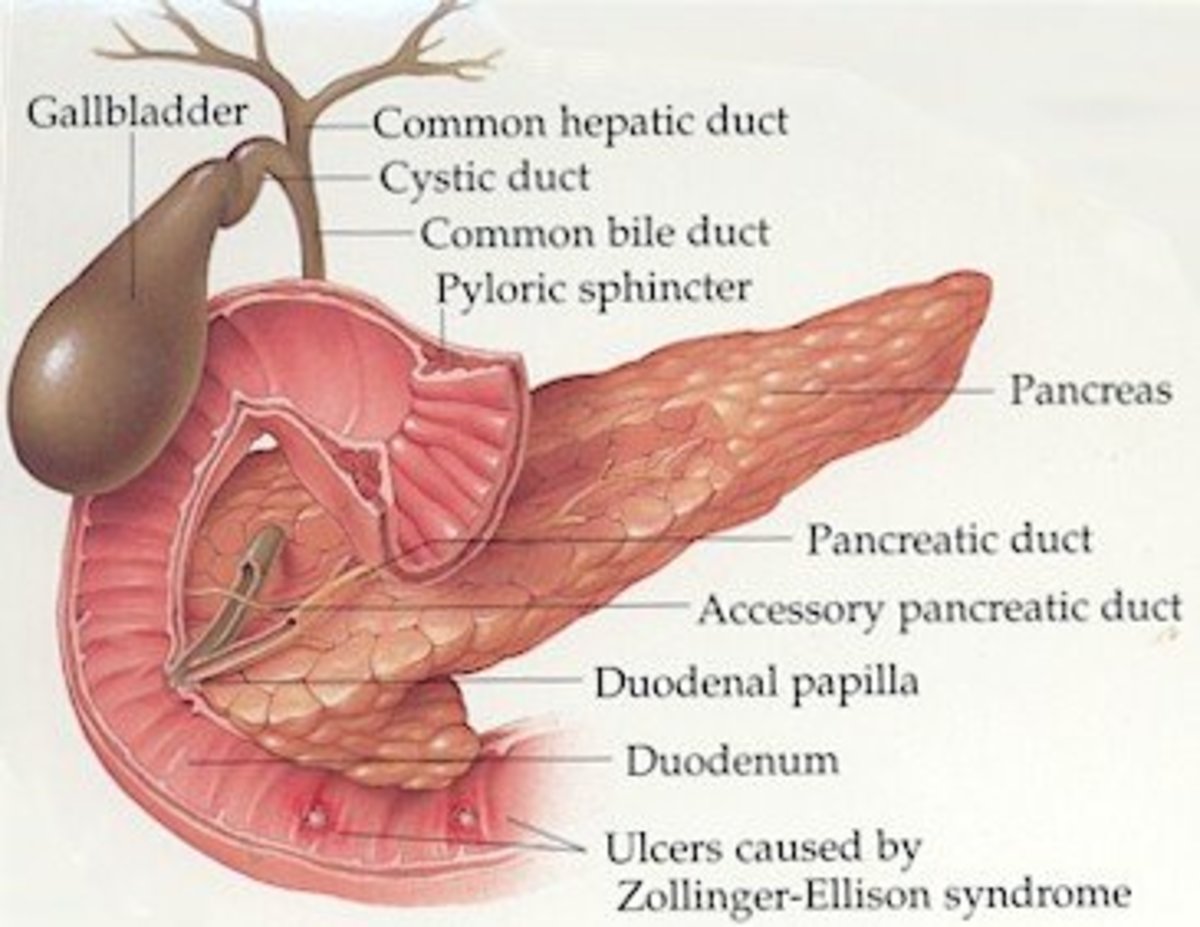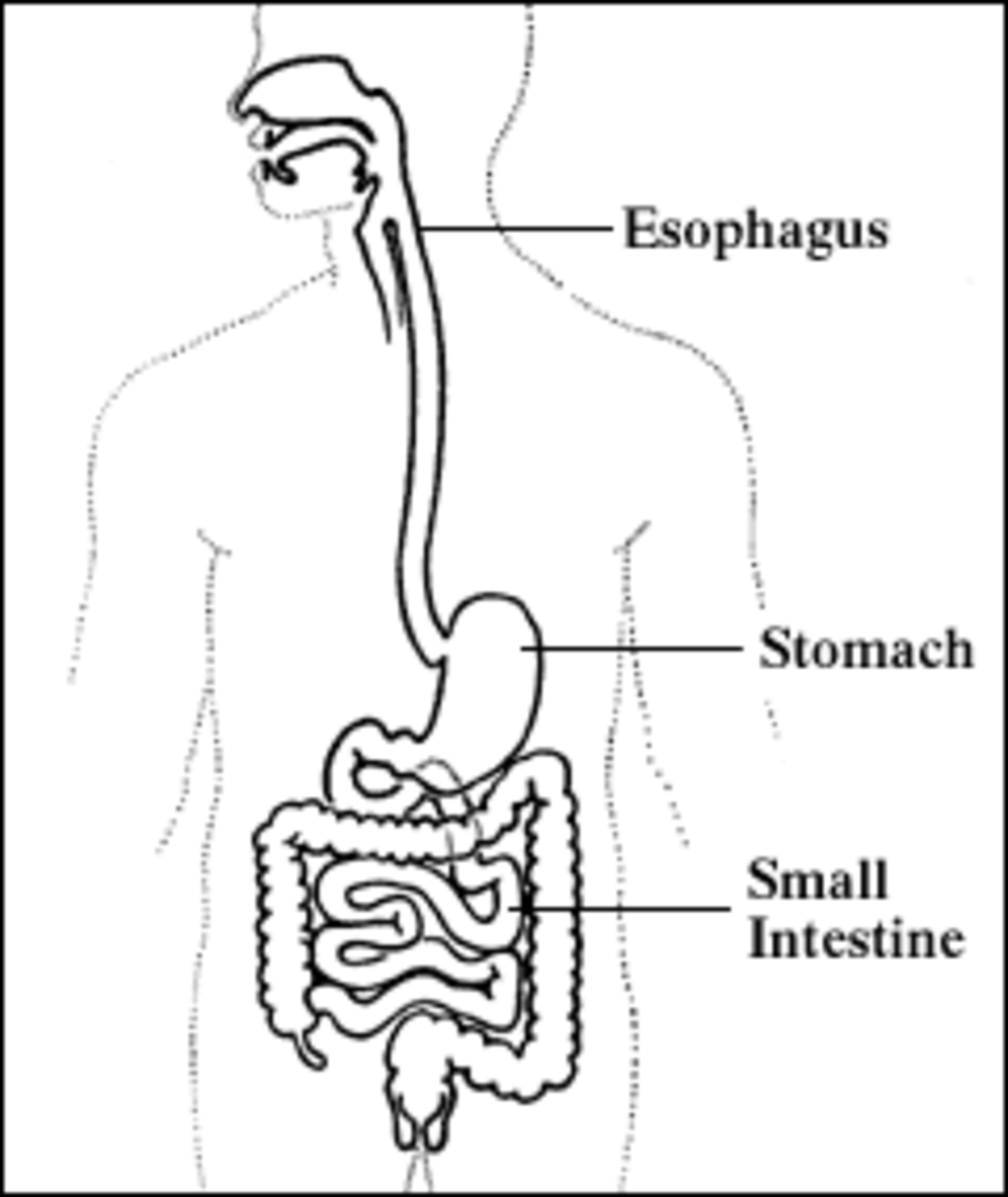What is Fibromyalgia Syndrome?
Discalaimer: I am not a medical professional. I am an avid researcher with a passion to know as much as I can about my illness.
Scroll to the bottom for a list of articles on living with FMS.
What is FMS?
Fibromyalgia is a syndrome characterized by a number of symptoms including wide-spread pain that seems to be originating in fibrous tissues, morning stiffness, delayed mental functioning, digestive problems, IBS and fatigue (to name a few).
Fibromyalgia is a lot of things, but more than anything else it is a poorly understood medical condition. If you or a loved one has been recently diagnosed with Fibromyalgia understanding what that diagnosis means can go a long way towards being able to accept your new life.
Even today a diagnosis of Fibromyalgia Syndrome (or FMS) is considered by some people to be a controversial one. Even in the medical field it has been a very poorly understood condition until very recently. Some of your symptoms, or the symptoms that you hear about may seem nebulous but finally researchers are on the way to making it all make sense.
Current research suggests that FMS is a neurological disease. In very simple terms it is a condition wherein the parts of a sufferer’s brain that deal with pain and sleep don’t work properly (this is a good go-to phrase when explaining your condition to other people). However it is a great deal more complicated than that, and while we still don’t know exactly what the mechanisms behind the condition are we can explain it a great deal better than we once could.
The mechanisms at work
Sleep-
There are five stages of sleep that a healthy brain passes through every night. Rapid Eye Movement (or REM) when you dream. Then stages numbered 1-4 or alpha, beta, cappa and delta.
When stage 4 sleep occurs there are delta brain waves being produced that can be registered on brain scans. These waves are the longest and mildest of the four brain waves.
Stage 4 sleep is also called restorative sleep. When you have a cold, or simply have a hard day, a healthy brain uses stage 4 sleep to kick into high gear and repair tissues and cells that have been damaged throughout the course of the day.
When you have FMS however, your brain sporadically produces short alpha brain waves that interrupt the delta ones. When your brain is trying hard to repair your tissues it is being constantly interrupted, resulting in waking up feeling stiff, sore and groggy as though you hadn’t slept at all.
Pain-
Pain has long been considered one of the main symptoms of FMS. When you have FMS your pain is rarely (if ever) low enough that it can be ignored and is often incapacitating. It is the sort of pain that, when ignored, will increase until you can no longer function.
Though there are still multiple theories about the cause of this pain in the medical community a few of the most commonly accepted ones are:
a) In a healthy person the brain stem has a sort of built in filter that uses chemicals such as serotonin to block out some of the painful sensations that humans experience. However, in fibro-mites (people with FMS) this serotonin filter is missing. We feel the full effect of pain.
For example, if we measured pain on a scale of one to ten and say getting pinched is a 4 then the serotonin filter filters out the pain so that a regular person may experience it as a 2. For someone with FMS that pain is still a 4.
For this reason people with FMS also experience discomfort from sensations such as the feel of clothing or bedding, touch (hugs, handshakes etc.) light and sound.
One suggested, and well received, reason why we may lack serotonin is stress. Some researchers believe that FMS is caused when people with a genetic predisposition get stuck (NOT OF THEIR OWN ACCORD) into a cycle of chemical stress.
When someone is stressed out there body creates adrenaline, in order to deal with said stressful issue (such as being chased by a sabre-toothed cat) and stay alive. When extra adrenaline is produced, the production of extra serotonin follows. So that if you hurt yourself (say, by getting bitten by said sabre-toothed cat) you don’t have to immediately deal with the injury and you can run away. However, being in a constant state of chemical stress uses up serotonin levels and therefore there is none left to filter out the pain we feel.
I must restate that the above is a theory. I also must stress that the stress cycle is involuntary and uncontrollable. A sufferer cannot simply will the pain away, ignoring it (as I stated above) simply makes it worse.
b) There are others who believe that FMS is caused almost completely by the above-mentioned sleep disturbance. Though the two theories are clearly not mutually exclusive. It is very possible (I might even say likely) that FM is caused by a combination of factors.
So, that covers sleep disturbance and pain.
What of the other symptoms?
Fibromyalgia comes complete with a dizzying list of seemingly nebulous symptoms. It is, in fact, this list of symptoms that leads so many misinformed people to be sceptical about the existence of the disease.
Symptoms:
- Anxiety, depression, mood swings
- Bloating, constipation and/or diarrhea, abdominal pain, nausea
- Chemical sensitivities including medications
- Cold hands and feet
- Dizziness
- Dry mouth and/or eyes
- Fatigue and/or lethargy
- Headaches
- Heart palpitations
- Memory lapse, difficulty concentrating, transposing numbers and words
- Numbness and tingling in hands, arms, feet, legs and/or face
- Sensitivity to light, sound, odours, and/or temperature
- Sleep disturbances
- Vision changes
It’s true, when reading the list of symptoms above we do sound like a bunch of hypochondriacs. However, when you compare the list of symptoms with the research described above things start to make a little more sense.
After my diagnosis but before my own researching rampage I had deduced that all of my symptoms seemed to indicate a great deal of stress. However I didn’t feel stressed.
Then I started to read. When our bodies are stuck in a chemical stress cycle we begin to feel the effects of stress. And it seems that it is that stress that can cause the extensive list of symptoms above.
Fortunately it all makes sense. Poor sleep, cycle of stress chemicals, symptoms of acute stress. The only question left to answer is the cause.
What causes FMS?
Unfortunately the answers to this question don’t have such clear research to back them up, but that doesn’t mean there aren’t theories. The most prevalent theory is that there is some genetic disposition that may increase ones chances of developing FMS. FMS and CFS (Chronic Fatigue Syndrome) seem to run in families.
Most sufferers can also pin-point the cause of their FMS. That doesn’t mean it was black and white, one day they felt great and the next day they felt awful. It’s more like the straw that broke the camel’s back.
I’ll give you my own experience for an example:
As a result of childhood injuries I’ve suffered from chronic pain all my life. Not, however, from widespread chronic pain. I had pain in my back and shoulders and I knew when and why it started.
Working long hours on my feet on a concrete floor seemed to exacerbate the problem, but I wasn’t about to quit my job. Then one day, on the back of my husband’s motorcycle we hit an uneven patch of road. I gripped tighter to the bike, my head bent slightly backward with the weight of my helmet and at the next bump. Pop! Something cracked in my neck. All I knew at the time was that it hurt a lot.
Over the next few weeks no amount of over the counter medication could help my spreading pain and no X-ray or MRI would show the cause. I was already an insomniac but now even when I did sleep I felt terrible. After a year of searching I was properly diagnosed and treated.
This, by the way, is a considerable success, there are many people who visit doctors of every specialty for 5, 10, 15 even 30 years before getting a proper diagnosis.
FMS sufferers often (I want to say always but to be safe, I’ll say often) find they can pin-point the last straw that caused there FMS. It is always a stressor whether physical, mental or emotional. It may be a divorce, a labour, a lost job, the birth of a new sibling, a particularly stressful year at university etc. Unfortunately there is, as of yet, no way to tell who will develop FMS before hand.
The bad news:
Though there are a number of effective treatments, and more being discovered every decade there is no cure for FMS. And the fact is there isn’t one on the horizon. This is a common trait amongst neurological diseases. There are people who experience recovery, but they are few and far between. If you have been diagnosed the odds are you will have FMS for the rest of your life.
The good news:
FMS is very common, it is estimated that 2-4% of people have FMS (with women 5-10 times more likely to develop it) and most of those people live fulfilling lives. Life with FMS is very hard, there is no doubt about it, but it can still be fulfilling.
Also, like I said above, though FMS is still considered a controversial diagnosis awareness is spreading rapidly. Which means fewer and fewer people will look at you like you’re crazy and more and more people will be conducting research to find more effective treatments.
Plus, there are many effective treatments already. From pills, to alternative and complementary medicines to lifestyle changes there are many ways to make your life easier to live.
If you have FMS
FMS is not a condition that should be handled alone. It is life-changing and coping with those changes will be much easier when you have the support of a caring medical provider. If you need to visit a hundred doctors until you find someone who believes you and who is eager and willing to help you get your life back, it‘s worthwhile.
Read as much as you can. With or without a healthcare provider your health is your responsibility. You are the head of the team when it comes to taking care of your illness and there are many things that you can do at home that will help you to get some relief.
However, read with caution. It is certain that as your reading and learning about your condition you are going to come across a lot of opinionated pieces where people will go so far as to suggest that you don’t have a condition at all. They may say you’re lazy, whiny or a hypochondriac. You may even have people in your life that say that. FMS is a REAL CONDITION. Do your best to ignore slanderous materials.
Know that your life will get better and better. Most treatments allow you to become more mobile and independent over time. Most people with FMS find that the first year or two are the worst. Once you learn how to live with your condition you may be able to stop fighting so hard against it.
If you think you have FMS
Please do not use this article or any other that you find online to diagnose yourself. FMS is a complicated condition and there are many others that mimic it’s symptoms, from diabetes to Lyme Disease. If you are experiencing some of the symptoms described above you need to find a medical provider that will get you properly diagnosed and treated. The internet is not your doctor.
A series of hubs on living with Fibromyalgia Syndrome
- Fibromyalgia Myths
Myth # 1: Only women get Fibromyalgia. Fact: FM has long been thought of as a women’s disease. Research however shows that between 10%-40% of Fibromyalgia sufferers are men. As research is scarce it is difficult to know which number is most... - Is there a cure for fibromyalgia?
Is there a cure for Fibromyalgia? When newly diagnosed with FMS it is almost certain that you’ll go to your favourite search engine and begin searching for FMS cures. Surely it’s possible that someone has found a wonder-cure and is hawking it... - Fibromyalgia and Style
Having fibromyalgia doesn't have to mean losing your sense of style. Learn how you can stil enjoy fashion within the limitations of your FMS pain. - My Wife has Fibromyalgia
Note: throughout this hub and in the title I refer to the sufferer as “she” and the healthy spouse as “he”. This is not to suggest invalidity in same-sex relationships or those where the healthy/sick relationship is reversed but simply to... - Fibromyalgia and Physical Intimacy
Disclaimer: I am not a medical professional but an FMS sufferer who is eager to spread awareness and to help other sufferers deal with this disease. When even a kiss hurts Intimacy, whether physical or emotional, is vitally important to... - Fibromyalgia and Narcotics
Fibromyalgia is an invisible illness characterized by symtpms such as widespread pain, fatigue, irritible bowel syndrome, sleep disturbances, mood swings, slow congnitive functioning and stiffness...to name a few. For me it all started with the... - Will Fibromyalgia Kill Me?
The short answer is: no. However like most things in life FMS is a little more complicated than that. The long answer is: mostly no. In July 2010 a study was published entitled Mortality in Fibromyalgia. Over 8,000 patients (with 10,000... - Living With Fibromyalgia: An Exercise in Hope
Living with a chronic, painful, incurable disease is depressing. Take a little time to do this excercise and discover that your life is still beautiful. - How to Deal With People Who Don't Believe in Fibromy...
Though Fibromyalgia awareness is spreading and more research is being done every year Fibromyalgia is still considered a “controversial” diagnosis. This poses a problem for those of us who have it. Not only because of all the myths that... - My Experiences with Seven Fibromyalgia Medications
My personal experiences with seven different fibromyalgia medications over the past three years. Amitriptalyne, Cyclobenzaprine, Gabapentin, Mirapex, Prozac, Tramadol and Tyenol 3. - Fibromyalgia: Questions to Ask When Meeting a New Do...
The list of questions below are for people who have been satisfactorily diagnosed with Fibromyalgia and who are interviewing new physicians to see if they‘re right for you. When you have Fibromyalgia odds are you’ll be dealing with many... - Planning a Pregnancy with Fibromyalgia
Considering that between 90%-60% of FMS sufferers are women, and that many of them are of childbearing age you would think that the internet would be rife with helpful and well researched information about the effects of pregnancy on FMS and FMS on.. - Fibromyalgia and Breastfeeding
When you suffer from fibromyalgia the decision whether or not to breastfeed can be very difficult and complicated. - How to Improve Sleep Quality with Fibromyalgia
When you have fibromyalgia you often feel desperate to get just a little bit of restorative sleep. Here are a few tips to make your nights (and mornings) a little easier. - Fibromyalgia: How to Feel a Little Better
A few simple tips on lowering stress and getting restorative sleep so that you can feel a little better. - My Success Treating Fibromyalgia with Mirapex
Learn about the incredible success I've had treating my Fibromyalgia Syndrome with the medication Mirapex.


